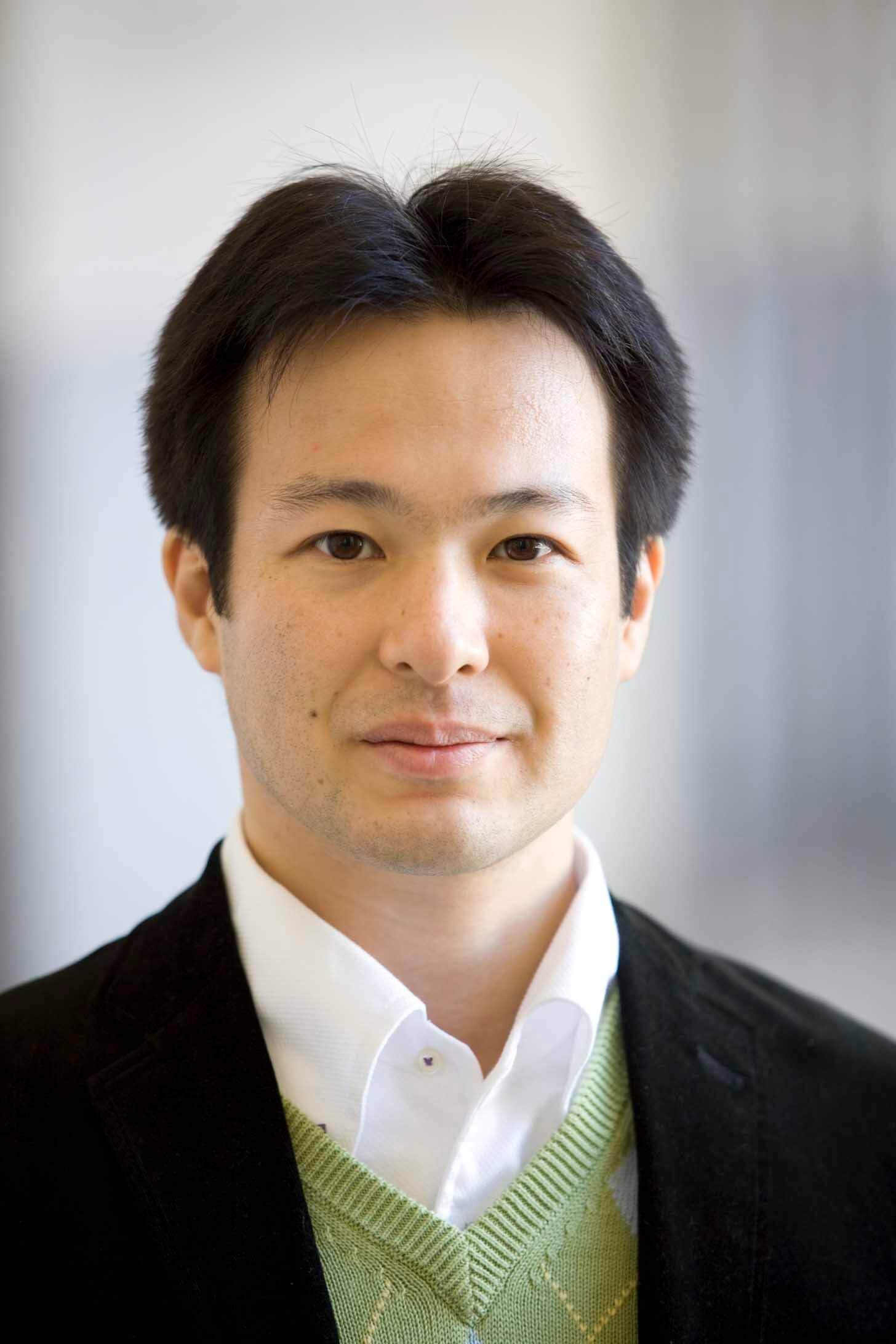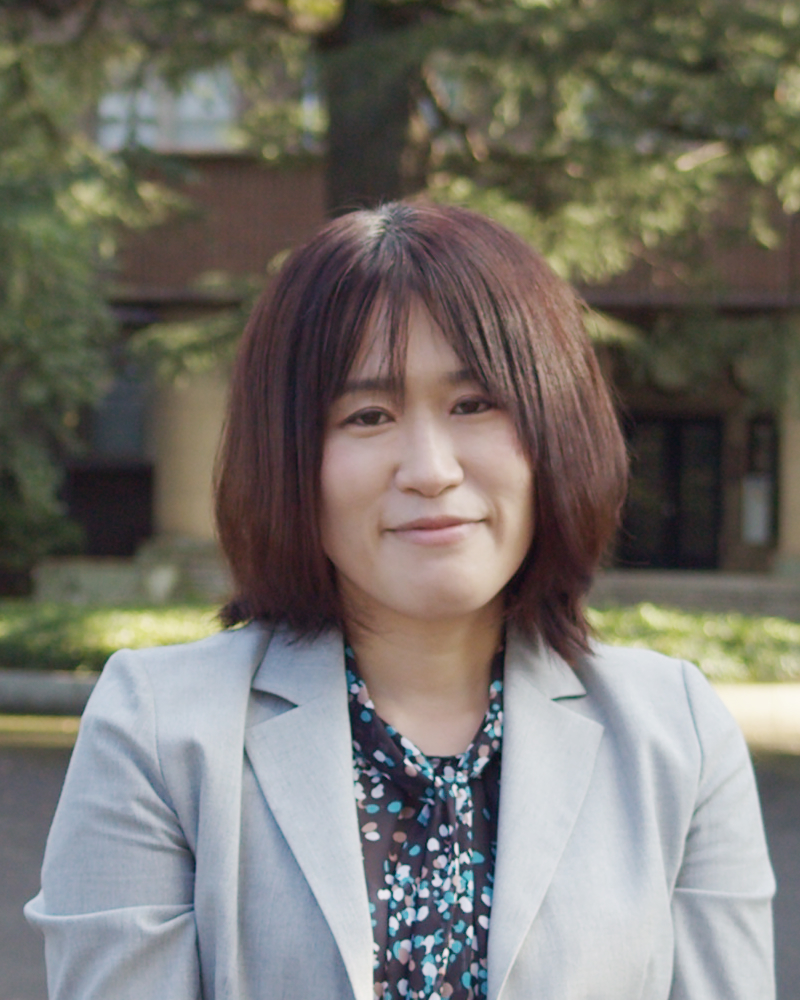Founded in 2020, the Research Center for Advanced Science and Technology Open Laboratory for Emergence Strategies (ROLES) of the University of Tokyo aims to serve as a university-based thinktank that brings together experts from the academia, government, media, and corporate sectors, encompassing various issues concerning religion, geopolitics, ideology, security, and technology.
As stated in our name, we are an “open laboratory” where experts and scholars can freely interact, exchange, and collaborate on a variety of pressing international issues to stimulate better understanding and ideas through analyses and discussions.
Analyses and insights by ROLES scholars and members are frequently featured in various domestic and international academic and policy-oriented publications, as well as the mass media and online outlets.
In addition, a number of our scholars and members have consulted government and industrial stakeholders.
The projects conducted by ROLES are funded by grants and subsidies from government, foundations, and corporations, but are objective and nonpartisan.
Staff
Chair
Vice Chair
Senior Advisor
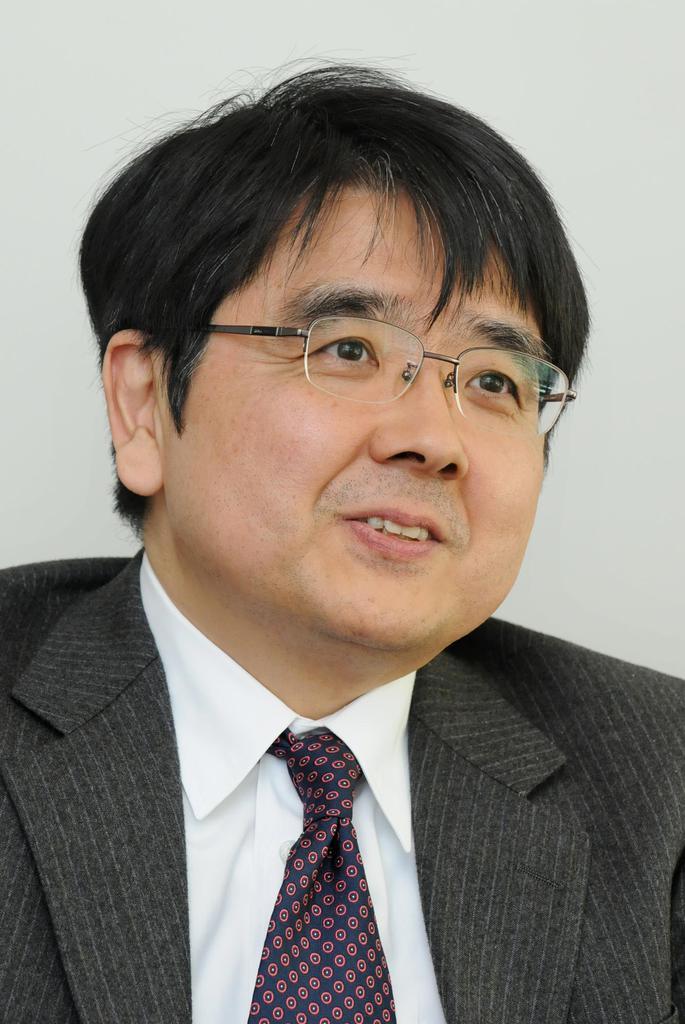
Kazuya SAKAMOTO

MIYAJIMA, Akio
Advisor of Division of Religion and Global Security, RCAST of the University of Tokyo
略歴(日本語)
Akio Miyajima is a former diplomat who was Japanese Ambassador to Turkey and Ambassador to Poland.
Born in Kanazawa in Ishikawa Prefecture, he graduated from Waseda University's Faculty of Political Science and Economics. He entered the Ministry of Foreign Affairs of Japan in 1981 and served there until October 2024. He holds a M.A. degree in International Relations from Yale University.
He was Special Advisor to the Governor on International Affairs at Tokyo Metropolitan Government (July 2014 – February 2016) while Tokyo was preparing to host the 2020 Olympic Games.
He is Advisor of Division of Religion and Global Security of the Research Center for Advanced Science and Technology (RCAST) of the University of Tokyo. He is concurrently Senior Advisor to RCAST Open Laboratory for Emergence Strategies (ROLES) since July 2025.
Senior Program Coordinator
Senior Guest Member
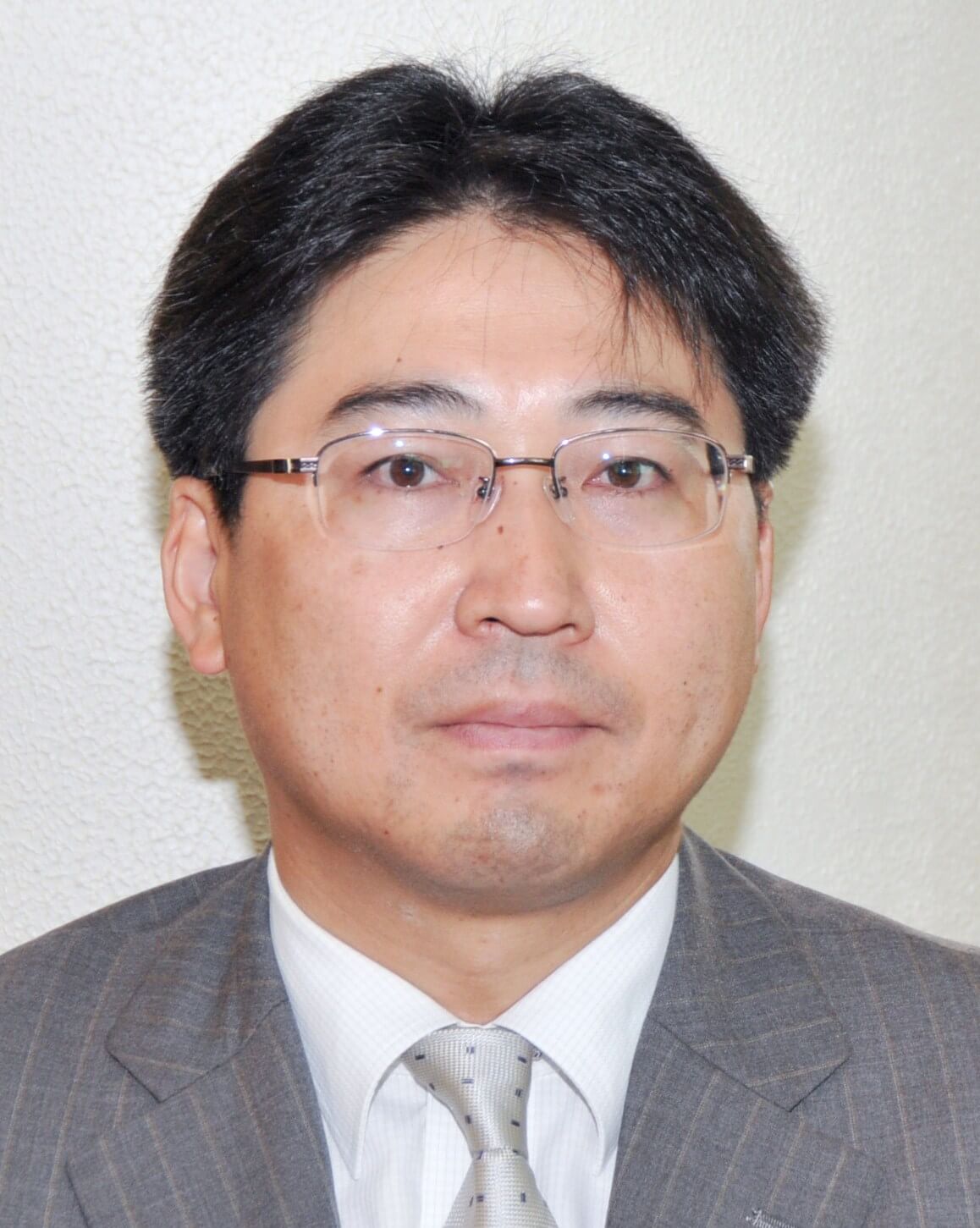
Shin KAWASHIMA
Shin Kawashima is the professor of the Department of International Relations, the Graduate School of Arts and Sciences, the University of Tokyo.
He earned his Ph.D.in Literature from Graduate School of Humanities and Sociology, the University of Tokyo in 2000.
He was an associate professor at Hokkaido University (1998-2006) and at the University of Tokyo (2006-2015), and then as professor in 2015.
He is also an executive director of the Nakasone Peace Institute, a Senior Fellow of National Security Agency, an associate member of Science Council of Japan, the advisory member of the Committee for the Promotion of the Declassification of Diplomatic Records, Ministry Foreign Affairs, the member of The Advisory Panel on Communications Concerning Territorial Integrity, the Office of Policy Planning and Coordination on Territory and Sovereignty, an academic advisor of Mt. Fuji Dialogue Young Forum and so on.
He was engaged in education and research at Institute of Modern History, Academia Sinica (Taipei), Beijing Center for Japanese Studies, Peking University, National Chengchi University (Taipei), and Woodrow Wilson International Center for Scholars.
His research covers Chinese/Taiwanese diplomatic history and the contemporary international relations in East Asia. His first book, Formation of Chinese Modern Diplomacy (2004), was awarded the Suntory Academic Prize in 2004. He, among others, authored Frontier of China (Iwanami Shoten, 2017), Japan–China Relations in the Modern Era (co-authored, Routledge, 2017), 20th century East Asia : a new history (coauthored, University of Tokyo Press, 2020), Emerging countries after Covid-19 (coauthored, University of Tokyo Press, 2021), Xi Jinping’s China (co-authored, University of Tokyo Press, 2022), Japan-China Relations, 2001-2022 (co- authored, University of Tokyo Press, 2023) and so on.
He received Foreign Minister’s Award in 2023.
Shin Kawashima, “The Evolution of Japanese Perceptions of China since 1945”, Asia Pacific Review, 2023, 30(2), pp. 148-166.
Shin Kawashima, “War in Ukraine from China’s Perspective: Limited Options for State that Cannot Reject Existing Policies”, Asia Pacific Review, 2022, 29(2), pp. 35–55.
Shin Kawashima’s articles published at Think China (Singapore online media)
https://www.thinkchina.sg/shinkawashima (Shin Kawashima’s page)
Shin Kawashima’s articles published at The Diplomat (Australian online media)
https://thediplomat.com/search?gcse=shin+kawashima (Shin Kawashima’s articles)
Shin Kawashima’s articles published at Discuss Japan (Japanese online media)
https://www.japanpolicyforum.jp/?s=shin+kawashima&submit=Search
(Shin Kawashima’s articles)
Shin Kawashima’s articles published at nippon.com (Japanese online media)
https://www.nippon.com/en/search.html?s=shin%20kawashima
(Shin Kawashima’s articles)
Shin Kawashima’s articles published at East Asian Forum (online media)
https://www.eastasiaforum.org/index.php?s=shin+kawashima
(Shin Kawashima’s articles)
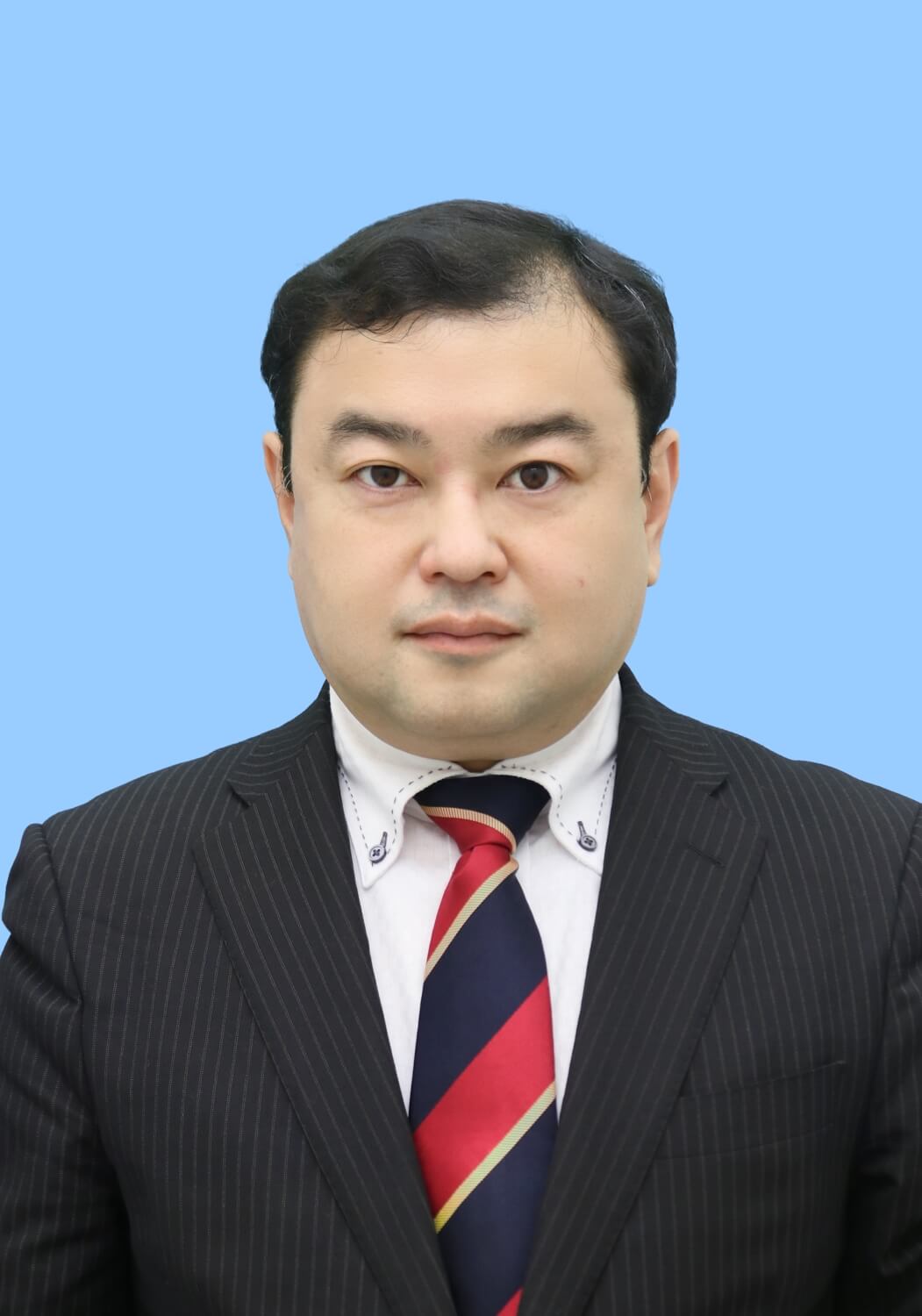
Satoru MIYAMOTO
Visiting Senior Fellow, RCAST of the University of Tokyo
Senior Associate Member, ROLES
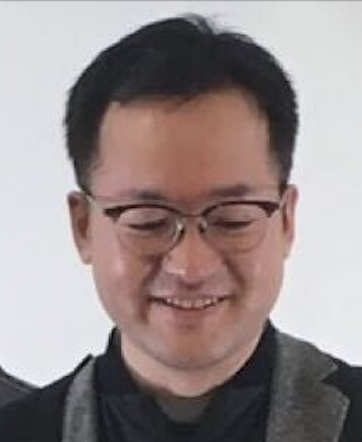
Masahiko INAMI
Masahiko Inami is Professor of Information and Somatics at the Research Center for Advanced Science and Technology (RCAST) of the University of Tokyo. He organized and directed the JIZAI Body project in ERATO that is funded by the Japan Science and Technology Agency (JST). Dr. Inami was appointed as professor at the Department of Information Physics and Computing, Graduate School of Information Science and Technology of the University of Tokyo in 2015, after working at the University of Electro-Communications and Keio University 2008-2015. Dr. Inami took up his current position as professor at the RCAST of the University of Tokyo in 2016.
His interests include body editing technology called "JIZAI", the Augmented Human, and entertainment engineering. He has received several awards, including TIME Magazine’s “Coolest Invention of the Year” award and the Young Scientist Award from the Ministry of Education, Culture, Sports, Science, and Technology (MEXT).
He is also the co-representative of the Superhuman Sports Society, a director of the Information Processing Society of Japan, a director of the Virtual Reality Society of Japan, and a member of the Science Council of Japan. His latest book is called “Theory of JIZAI Body" (Springer, 2024).
He is concurrently teaching as Professor at Ochanomizu University since 2023 and has been Guest Professor at the Graduate School of Media Design of Keio University since 2015.
He is a senior associate member of the ROLES project in Research Group on Advanced Science/Technology and Security."

MONNAI, Yasuaki
Yasuaki Monnai is an associate professor of Information and Somatics at the Research Center for Advanced Science and Technology (RCAST) of the University of Tokyo, Japan. He received the B.E. degree in mathematical engineering and information physics and the M.S. and Ph.D. degrees in information physics and computing from the University of Tokyo in 2008, 2010, and 2013, respectively. From 2010 to 2011, he was a Visiting Scholar with the University of Kassel, Germany, and with the Philipps University of Marburg, Germany, in 2012. From 2015 to 2021, he was an Assistant Professor and Associate Professor with the Department of Applied Physics and Physico-Informatics, Keio University, Japan. In 2021, he joined RCAST where he was selected as the University’s Excellent Young Researcher that year. He received the Young Scientists' Award from the Minister of Education, Culture, Sports, Science and Technology (MEXT) in 2023 and the Best Teaching Award of the Faculty of Engineering, the University of Tokyo, for Academic Year 2024. His research interest includes exploring wireless systems for interfacing humans and machines using terahertz waves and ultrasound.

